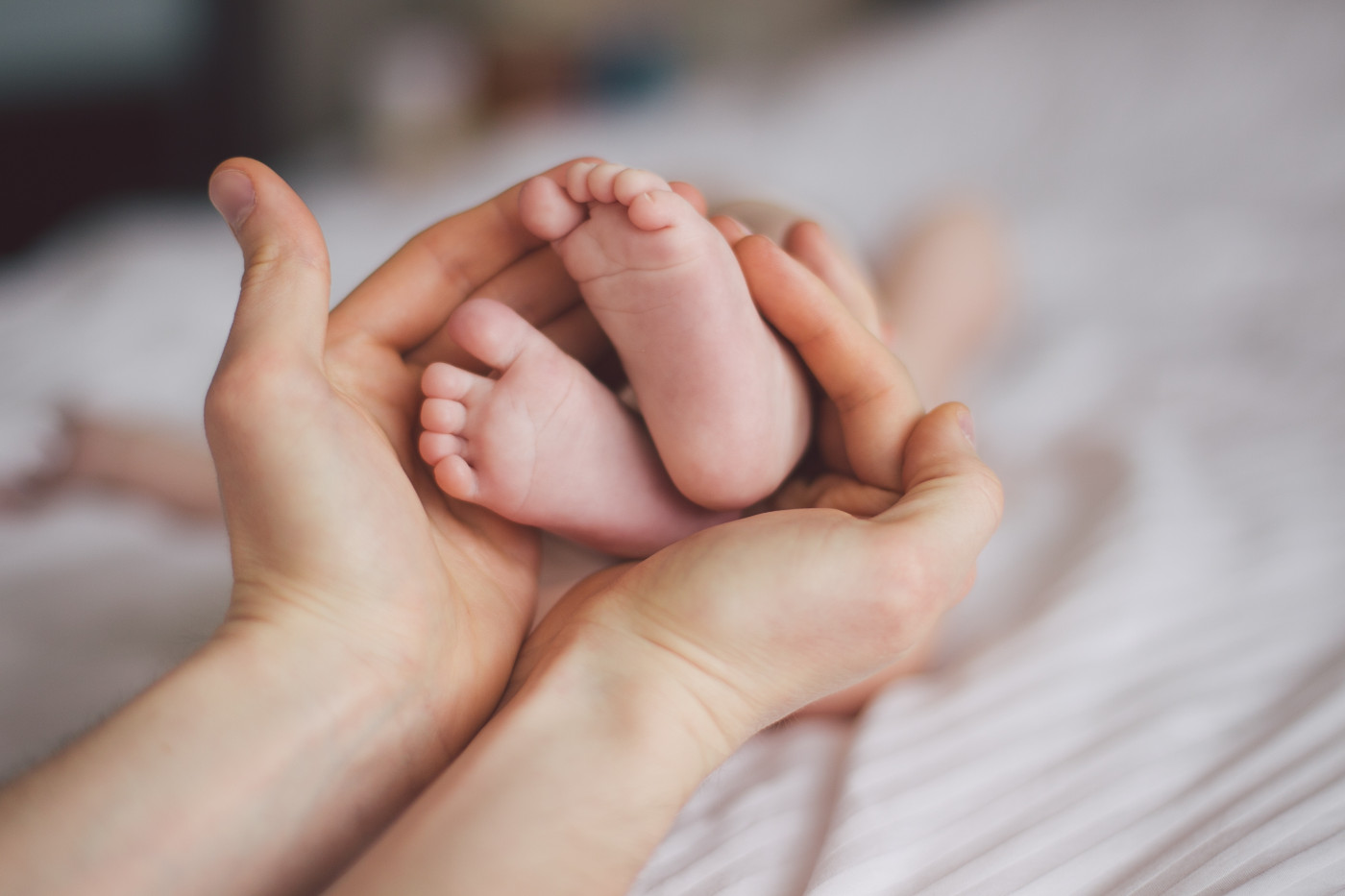Talking to Our Future Daughter About Hemophilia
Written by |

I’m 25 weeks pregnant. Now that I’ve passed the halfway point of my pregnancy, I’m full of thoughts about the future. What happens when I give birth? After I give birth? When it sinks in that we are parents?
Based on my ultrasound scans, it looks like we will have a daughter. My husband Jared and I agree that we will raise our baby girl in an unconventional manner. For example, we will not limit her to “girl” toys. Instead, we will encourage her to explore both the girls’ and boys’ sections of the toy store.
We have grown more attached to boys’ clothing for our future daughter. We’ve noticed that often girls’ clothing features slogans related to “looks” and “cuteness,” while boys’ clothing tends to feature messages about what the child could do or become.
We want our daughter to grow up to be an empowered woman. She will already have a huge responsibility ahead of her when she reaches adulthood because of hemophilia.
Jared and I are considering cord blood banking, which involves the collection of blood from our daughter’s umbilical cord and its storage in a freezer facility. Cord blood is rich in stem cells, which have an almost magical ability to grow into other types of cells. It would come in handy if she ever needed a stem cell transplant. Jared and I would hold the rights to our daughter’s cord blood until she turns 18. After this, she will decide what she wants to do with it.
The idea of cord blood banking gives us some peace of mind. We know stem cells have been used successfully to treat thalassemia, another bleeding disorder. We hope that someday a stem cell therapy will exist to treat hemophilia.
Jared’s hemophilia came from a spontaneous genetic mutation. If our future daughter eventually has a son, he will have hemophilia because his mother would be a carrier of the genetic mutation. Hemophilia will course through my daughter’s veins. Although she will not show any symptoms, any male children she has, will.
As her parents, we can’t help but worry for her. She will grow up with a dad who has hemophilia, so she’ll be used to dealing with it. But having a son with hemophilia is a huge emotional, financial, and personal responsibility.
Jared and I imagine the conversation we will have with our future daughter. We plan to recommend that she consider adopting rather than having natural-born children, although she would miss out on the joys and challenges of pregnancy. We think about how our future daughter’s attitude toward a life partner would be affected by the knowledge that she is a carrier of this disease.
Our heads are clouded by many questions right now. We can’t foresee how that conversation with our daughter will go. At least we have a few more years before it happens.
Note: Hemophilia News Today is strictly a news and information website about the disease. It does not provide medical advice, diagnosis, or treatment. This content is not intended to be a substitute for professional medical advice, diagnosis, or treatment. Always seek the advice of your physician or another qualified health provider with any questions you may have regarding a medical condition. Never disregard professional medical advice or delay in seeking it because of something you have read on this website. The opinions expressed in this column are not those of Hemophilia News Today or its parent company, Bionews Services, and are intended to spark discussion about issues pertaining to hemophilia.



Paul Clement
In "Talking to Our Future Daughter About Hemophilia," the author states: "Although she [her hemophilia carrier daughter] will not show any symptoms, any male children she has, will."
This statement repeats a common misconception that women carriers of hemophilia do not show symptoms of hemophilia. In fact, many carriers have low factor levels and have mild hemophilia. Many suffer from prolonged and heavy bleeding during menstruation as well as other bleeding symptoms.
Allyx Formalejo
Thank you for your input, Paul. I have read up on this and I stand corrected. I don't hear of symptomatic carriers frequently in our hemophilia circle. Knowing this, we might be able to prepare better should symptoms show up in our daughter.
Nikki C
Women with the hameophilia gene have a 50% chance of passing the gene onto their children as they have 1 X chromosome which is affected and 1 X chromosome which is not. They only pass on one of these chromosomes, so each child has an equal chance of NOT having the gene. I myself have 1 son with the gene and one without. I also have low levels of factor 8 and require treatment but the previous comment has already alluded to that error in the article. I totally understand the basis of the article being in regards to families passing on genetic disorders and the thoughts and concerns this raises, but when 2 very important facts are incorrectly stated it really undermines the message.